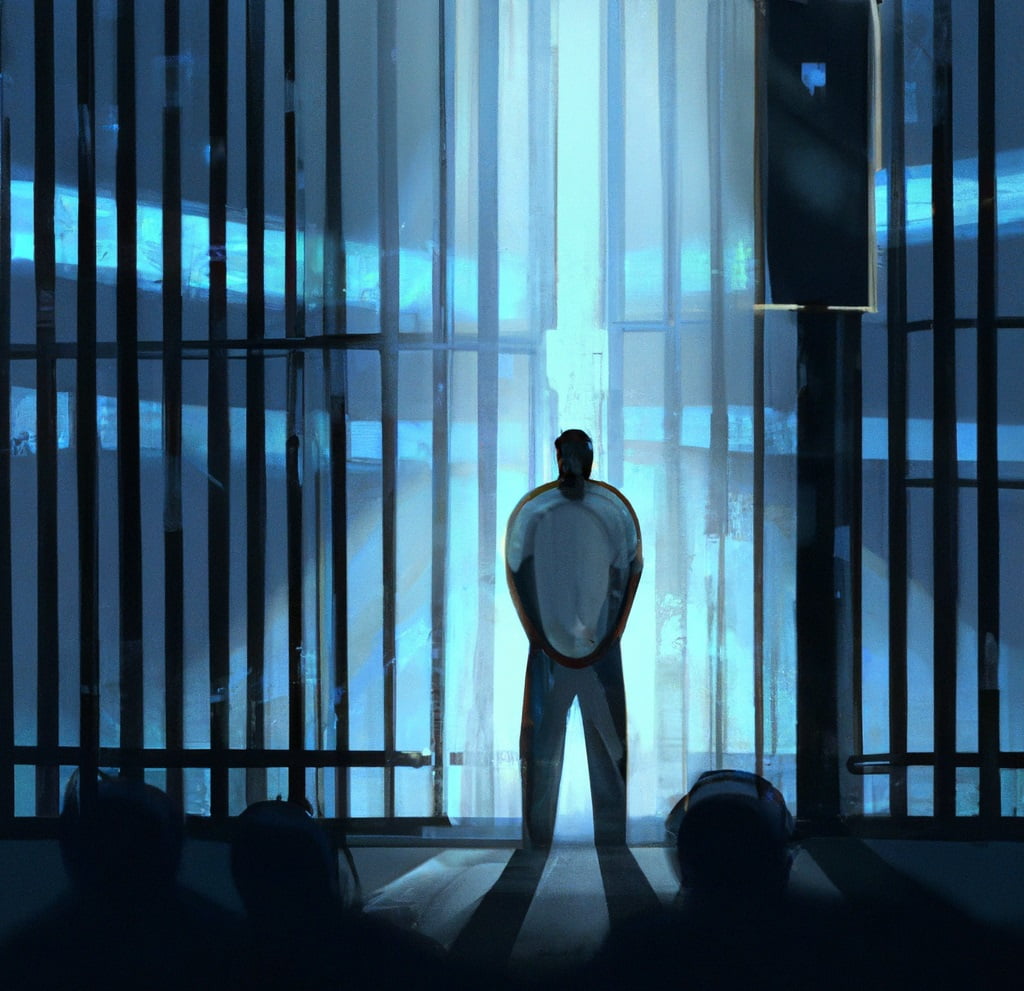Your legal rights in a recorded police interview
Where police suspect that an accused has committed an indictable criminal offence, they may conduct a formal record of interview in which they will put allegations to the accused, and give the accused a chance to respond to them. This police interview will usually be recorded, and the responses an accused gives may determine whether or not charges are ultimately laid.

Legal rights to communicate with a lawyer, and a friend or relative
At any time during the police interview, an accused can request to speak to a lawyer, and/or a friend or relative to let them know their whereabouts. This right should always be exercised.
Legal right to give a no comment police interview
In most circumstances an accused has the right to refuse to answer questions. This means that each question, apart from questions relating to their name and address, can be answered with silence, or the words “no comment”. If an accused chooses to answer no comment to any question, it is important to answer no comment to all questions. It is inadvisable to answer some questions and not others, as this can lead to an inference of a consciousness of guilt.
Legal rights not to do something asked by police
An accused does not have to take part in an ID parade, or allow photos to be taken of their face or other parts of their body. Police can however apply to the court to take a photo if an accused refuses to allow one to be taken.
Admissions in a police interview must be voluntary
An accused is not required to speak in a recorded police interview, and it follows that they can not be compelled to speak through inducements or other means. For example, if an accused is threatened with violence, or is told that they will be paid if they answer questions, then any admissions will be at risk of being excluded in evidence on the basis that the admissions were not voluntary.
Effect of intoxication on legal rights in a record of interview
Where an accused is affected by drugs or alcohol to such an extent that it is obvious that their responses would be influenced by their intoxication, the entire record of interview can be excluded from evidence.


